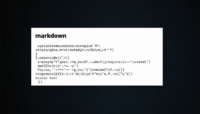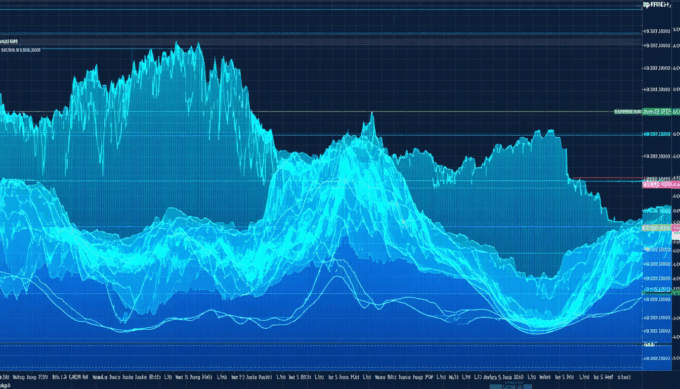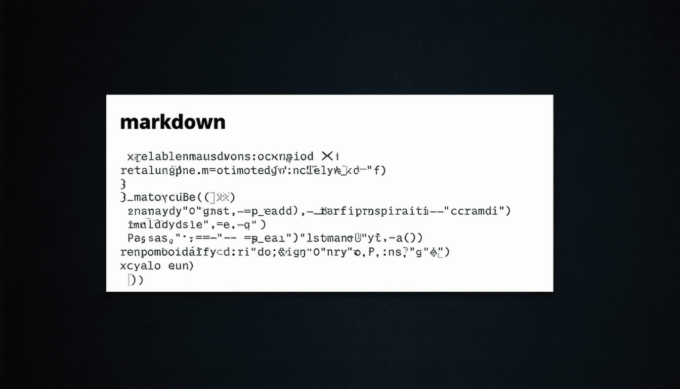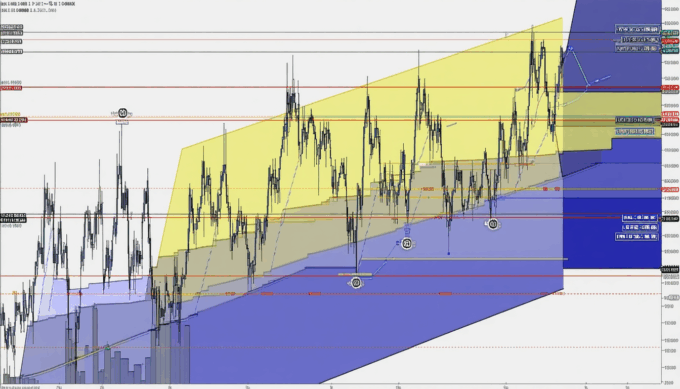“`
Introduction — The Stakes and Significance of the Next Bitcoin Halving
Every four years, Bitcoin undergoes a dramatic event that captures the attention of crypto enthusiasts, investors, and market analysts worldwide: the “halving.” If you’ve found yourself wondering when is the next Bitcoin halving, you’re not alone. This event doesn’t just alter the supply of new bitcoins—it often signals a wave of market anticipation, price volatility, and strategic positioning.
Understanding exactly when the next halving will happen—and what it means—can help you make informed decisions, whether you’re a seasoned investor or someone watching Bitcoin’s trajectory for the first time. In this guide, we’ll pinpoint the expected date for the next halving, explain its mechanics, back up the discussion with proven statistics, and offer measured strategies for what you can realistically expect.
What “When Is the Next Bitcoin Halving” Means: Timing, Scope, and Relevance
Bitcoin’s halving is a scheduled event coded into its system, reducing the reward miners receive for verifying transactions by half. This mechanism, designed by Bitcoin’s anonymous creator Satoshi Nakamoto, occurs approximately every 210,000 blocks—a process that translates to about every four years.
Why It Matters for Investors, Traders, and Crypto Enthusiasts
The reason so many people are eager to know when is the next Bitcoin halving is tied to outcomes that ripple across the entire crypto ecosystem. At its core, each halving event slows the creation of new bitcoins, making the asset more scarce over time. For investors, this enforced scarcity is a double-edged sword: historically, halving events often precede sharp surges in Bitcoin’s price, but not without temporary market shocks. Traders must reassess risk, miners may see profitability shift, and casual observers often witness renewed debate over Bitcoin’s long-term value proposition.
The Core Timeline and Strategy: When Will the Next Halving Occur?
Pillar 1: The Projected Halving Date
Based on current block times and mining activity, the next Bitcoin halving is expected to take place around April 2024. The exact date can fluctuate slightly since it depends on the pace at which miners discover new blocks, but the projection remains highly reliable thanks to well-documented block intervals and historical patterns.
Pillar 2: What Changes at the Halving?
At this event, the mining reward drops from 6.25 bitcoins per block to 3.125 bitcoins. This lower reward incentivizes miners to be more efficient, as they earn less for each block. For current holders, this change reduces the rate of new coin supply, a dynamic that, in the past, has led to upward price pressure due to increased scarcity.
Pillar 3: Investor and Trader Preparation
- Portfolio Positioning: Investors historically see volatility before and after the halving. Consider setting clear profit targets and risk limits.
- Long-term Thinking: While past halving events have led to significant gains over 12–18 months, short-term corrections are common.
- Stay Informed: Rely on reputable sources for updates as block times can cause subtle shifts in the exact date.
Pillar 4: Monitoring Tools and Metrics
Track halving countdowns on trusted blockchain explorers. Watch on-chain metrics such as hash rate and mining difficulty, which tend to move as network incentives shift. Observe trading volumes and open interest on derivatives platforms to assess market sentiment leading up to the event.
Data & Proof
Key Statistics and Evidence
- After the 2020 Bitcoin halving, the price of Bitcoin rose from around $8,600 in May 2020 to nearly $29,000 by December of the same year—a surge of over 230% (CoinMarketCap, 2020).
- Bitcoin’s inflation rate, following past halvings, has dropped sharply. It is predicted to fall below the typical inflation rates of most fiat currencies, hovering around 1.1% post-2024 halving (Glassnode, 2023).
What These Numbers Mean for You
The data illustrates that previous halvings have corresponded with substantial price escalations in the months that followed. This pattern suggests potential for high returns but underscores the need for sober planning, as nothing guarantees history will repeat exactly. The decreasing inflation rate also strengthens Bitcoin’s scarcity narrative, possibly reinforcing its long-term appeal among institutional and retail investors alike.
Practical Examples
Example A: Strategic Success — The 2020 Halving
Before the previous halving in May 2020, many investors increased their Bitcoin holdings anticipating reduced supply and higher prices. Those who held their positions for at least eight months post-halving saw gains exceeding 200%. This approach reflected a disciplined, long-term perspective, utilizing the halving as a predictable catalyst rather than chasing quick gains.
Example B: The Cautionary Tale — Over-Leveraging Pre-Event
Some traders, lured by hype, took on highly leveraged positions expecting immediate post-halving surges. Short-term volatility after the event wiped out many such bets, resulting in significant losses. This scenario highlights the importance of measured risk-taking and not overextending positions based solely on historical patterns.
Common Mistakes & How to Avoid Them
- Assuming Immediate Price Jumps: Not every halving sparks instant rallies. Price increases often occur after a lag, not immediately on the halving day.
- Ignoring Market Context: Broader macroeconomic factors, such as regulatory news or liquidity trends, can influence or dampen expected outcomes.
- Neglecting Diversification: Betting exclusively on Bitcoin’s halving ignores opportunities and risks present with other crypto assets or traditional investments.
- Overlooking Costs for Miners: Changes in block rewards affect mining profitability, possibly leading to shifts in hash rates or short-term network disruptions.
Implementation Checklist
- Note the projected Bitcoin halving date in April 2024.
- Review your crypto portfolio’s risk exposure beforehand.
- Monitor trusted halving countdown trackers for any adjustments.
- Stay updated on key on-chain metrics (hash rate, difficulty).
- Avoid excessive leverage, especially in the weeks leading up to and immediately after the halving.
- Prepare for potential short-term volatility and have a long-term plan.
Conclusion — What’s Next for You and the Next Bitcoin Halving?
Understanding when is the next Bitcoin halving—and what it can mean for the market—is an essential move for anyone engaged in cryptocurrency. This event, coming up in April 2024, is hard-coded to reduce new Bitcoin supply and has historically led to substantial price movements. Whether you’re holding, trading, or just watching, approach this milestone with clear eyes, disciplined risk management, and a firm grasp of past patterns and present reality.
As the next halving approaches, align your investment strategy to account for both potential upside and market turbulence. Review your positions, stay engaged with evolving data, and remember: while the rewards can be significant, so can the risks. Now is the time to prepare thoughtfully for one of Bitcoin’s defining moments.















Leave a comment